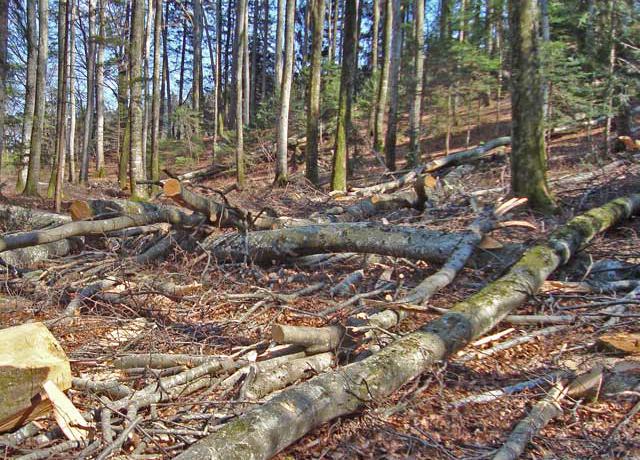Let's transform kitchens around the forest reserve

" The amount of firewood used by a family in one day with a traditional 3-stone fire can be used for 2– 3 days with the improved stove."

1 project created
Project context
All the households living around the periurban forest reserve of Baleng use the traditional stove consisting of three stones on which the pot is resting. The improved cooking stove is a technology that reduces the consumption of firewood and charcoal. The use of improved stoves should be preferred over three-stone stoves for the following reasons:
- the three-stone stove recovers only 10% of the wood's combustion energy for cooking. The 90% of the energy produced during the combustion is lost and wasted;
- the three-stone stove has a negative impact on the cleanliness of the kitchen. Exposes the housewife and all her family to fire and all its consequences such as burns, heat, smoke indoor air pollution;
- improved stoves over three-stone stoves allow:
- recovering 50 to 60% of the energy produced by burning wood for cooking food;
- save 50 to 60% of the wood used for cooking food; this implies that the amount of firewood used by a family in one day with a traditional 3-stone fire can be used for 2– 3 days with the improved stove.
- save 50 to 60% of the money used to buy wood for cooking;
- save 50% to 60% of the forest resources of the cut for fuelwood production;
- lighten the burden on women and chidren.
People around the Baleng forest reserve are showing a desire to have improved stoves. However, the adoption of this technology is slowed down because of poverty. This observation motivated us to launch this project in order to reinforce the use of improved stoves by households that depend on the reserve for their wood needs.
About the project
Le projet vise à protéger durablement la réserve forestière périurbaine de Baleng tout en répondant à la demande croissante du bois énergie. Les ménages puis les élèves de trois collèges et deux écoles primaires situés à la périphérie de la réserve forestière bénéficieront d’un programme d’information et de formation suivant:
- information générale des populations sur les avantages des foyers améliorés, l’importance de planter des arbres ;
- formation pratique sur l’utilisation des foyers améliorés à la fabrication de charbon écologique ;
- plantation de neemiers par les populations dans leurs parcelles ou en limite de celles-ci ;
- présentation des foyers améliorés, des briquettes de charbon écologique à environs 5000 lycées et collégiens de Baleng lors de la semaine de la jeunesse et des activités des clubs scientifiques et/ou environnement. Des arbres seront plantés par les élèves dans leurs établissements.
Project Initiator
This project is the initiative two young Cameroonians. As teens, we use to go to the Baleng reserve to harvest wood that was once abundant there. Thierry Tiomela is a water and forestry technician. He did his academic internship at the periurban forest reserve of Baleng two years ago. Passionate about forestry and agroforestry he currently works in a plantation of about 3 hectares not far from the forest reserve. Martial Tsapi is a teacher and holds a Master's degree in Energy Engineering. He popularizes improved stoves and green charcoal production techniques in the science and environment clubs of the region's colleges. It is with this dual competence that we provide an innovative response to the sustainable protection of the periurban forest reserve of Baleng.
Our needs
We have already created a nursery of more than two thousand neem seedlings. The funds raised will be allocated as follows:
- One thousand improved stoves → 5,000 euros
- Transport of equipment (stooves and neem plants) → 200 euros
We hope to exceed the target amount to transform all kitchens in the vicinity of the reserve.
- Eight hundred improved stoves → 4,000 euros
Social Impact
10 persons helped
Faq
- Where is the project site located?
Located 2.5 km from Lake Baleng, this periurban forest reserve is located in the commune of Bafoussam II.
2. What problems do you want to solve?
Curb deforestation by optimizing the use of wood by popularizing the use of improved stoves. Lighten the burden on women and children
- Why the problem exists?
Lack of training and information of the populations. Low penetration rate of improved stoves.
- How much is the problem relevant?
All households in the vicinity of the Baleng Forest Reserve depend on firewood and three-stone fireplaces.
